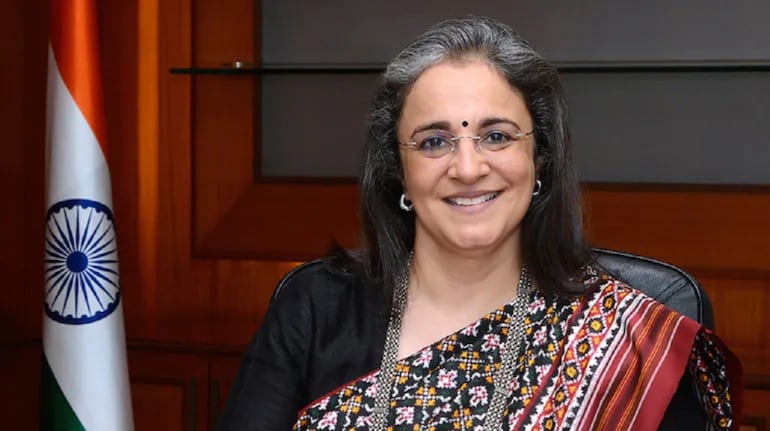



Madhabi Puri Buch, the chairperson of the Securities and Exchange Board of India (SEBI), on March 29 announced that the regulator is currently assessing the process of Total Expense Ratio (TER) and plans to release comprehensive guidelines on the matter.
Speaking to reporters after a SEBI board meeting, Buch emphasized the importance of transparency in TER and stated that it must encompass all expenses.
She also noted that SEBI has long recognized the existence of economies of scale in fund management. While SEBI continues to review TER, it has provided guiding principles to ensure clarity and thoroughness in expense reporting.
Also read | SEBI allows PE funds as sponsors of MF schemes, permits self-sponsored AMCs
“The second principle is that a fund house gets economies of scale not at the scheme level but at the asset class level such as debt or equity. The unintended consequence of the scheme-level economies of scale was that SEBI itself through its regulations was giving an incentive for the fragmentation of schemes, which was not good. Also, it was creating a lot of mis-selling in new fund offers. This had to be stopped,” Buch said.
The chairperson was also of the opinion that brokerage paid by asset management companies (AMCs) should not be kept outside TER.
“If the brokerage is outside TER, then it violates the first principle that TER should be total," she said.
Also read | ASBA-like facility for secondary markets will be optional for brokers and investors
“Either you are double charging the unitholder. You are charging AMC to manage assets, for which are you paying large sums of money to the broker for research, which you are supposed to be doing in-house. This tantamounts to double charging, and we do not appreciate that,” she said.
As per Buch, as SEBI examined some of these processes, it found that there was a distinct possibility that the brokerage was paid by AMCs for other than “professional reasons”.
Also read | SEBI greenlights comprehensive overhaul of operational dynamics of AIFs
The regulator is also of the opinion that these payments didn’t come under anyone’s radar because the board of the AMC was not looking into it, as it was not coming out of their kitty.
“The minute you bring brokerage in the total expense ratio, the board of the AMC will start asking questions,” she said.
Background
Moneycontrol had earlier reported that the capital markets regulator may look to prevent large mutual fund (MF) houses from charging high expense ratios.
In December 2022, the market regulator announced that it has initiated an internal study to re-look at the expenses that fund houses charge unitholders.
Sebi appears to have analysed MF inflow data and observed that when fund houses, especially large and mid-sized ones, launch new schemes, some distributors take their investors’ money out from existing schemes and put it in new schemes. This enables the distributors to earn a higher commission as newly-launched schemes can pay higher distribution fees.
Discover the latest Business News, Sensex, and Nifty updates. Obtain Personal Finance insights, tax queries, and expert opinions on Moneycontrol or download the Moneycontrol App to stay updated!
Find the best of Al News in one place, specially curated for you every weekend.
Stay on top of the latest tech trends and biggest startup news.